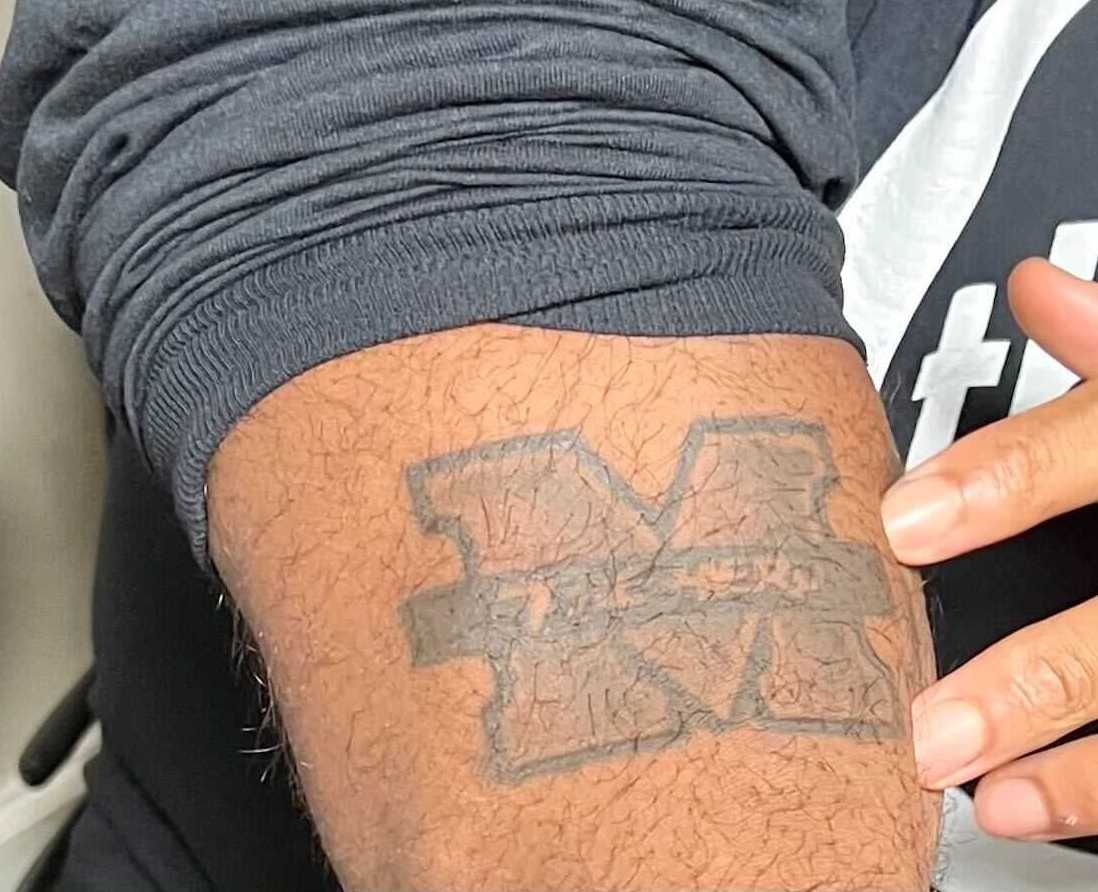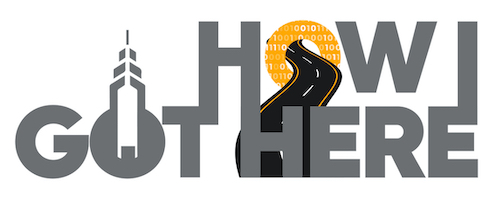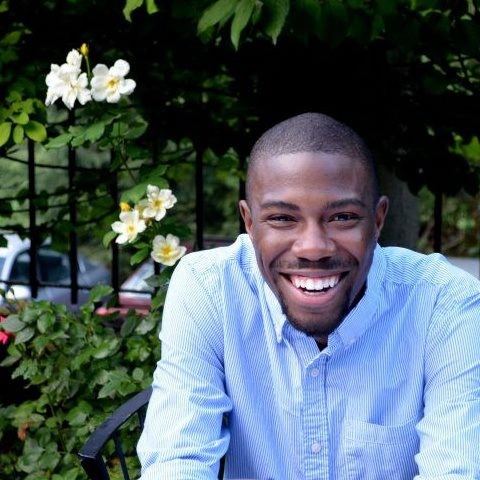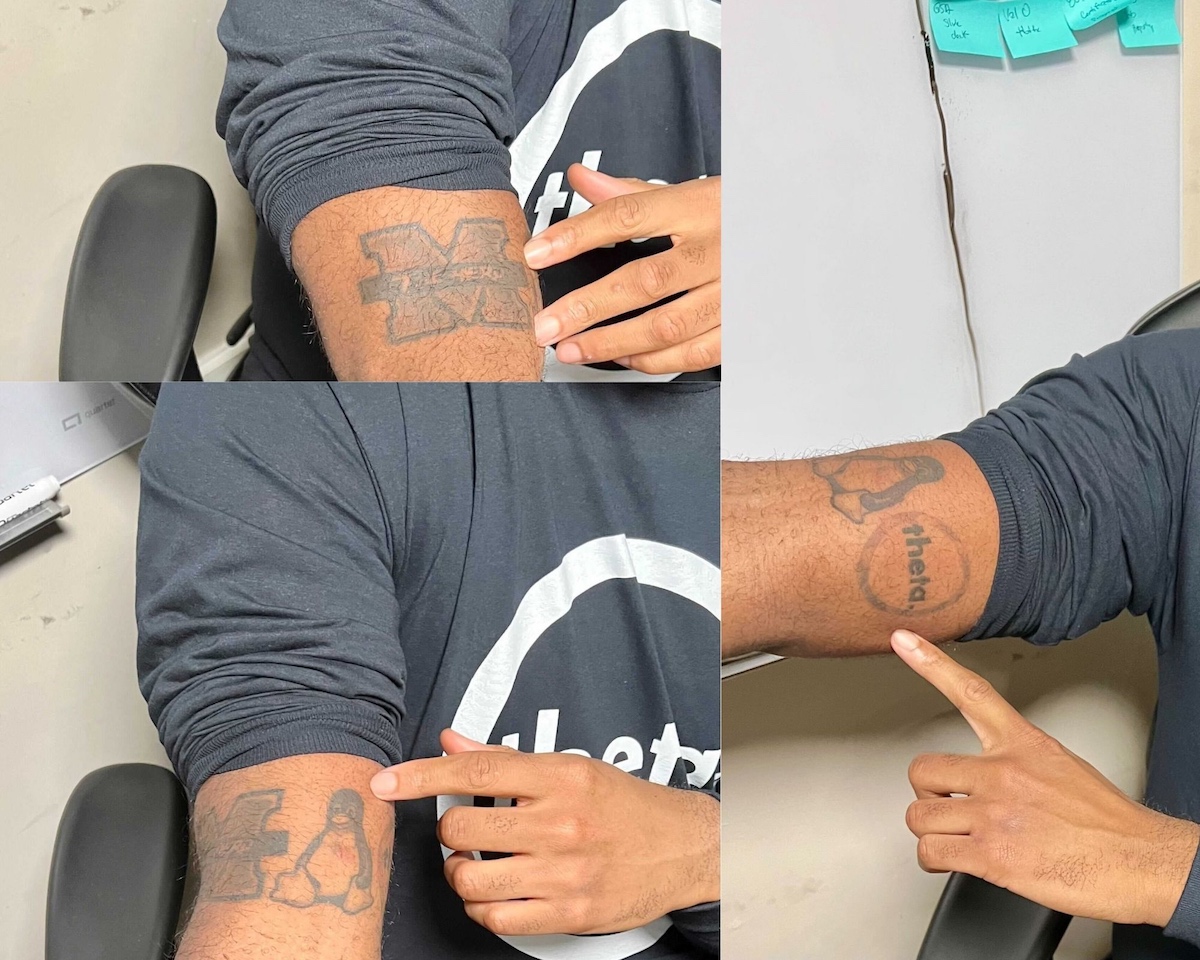Emmanuel “Mannie” Iroanya has a trio of tattoos that shows how he got here.
One is the logo of his alma mater, Marshall University, where he got his start in computer science. One is of Tux, the mascot of the operating system Linux, signifying his expertise in and love for the operating system. And the last is the logo of his company, Theta, which is where all of his experiences from work, friends and family come together.
Theta is a full-service digital and management firm that works with government agencies, including on digital integration, product development and management consulting. The company, a December graduate of the Hutch’s second accelerator cohort, has a mission to create a world where technology works for everybody.

Iroanya’s Tux tattoo. (Courtesy photo)
“I can create tech that impacted everyone and also had my view on how tech should be inclusive,” Iroanya said about his company. It’s a culmination of all he’s experienced in his time in the government tech consultancy space — “how you should be cognizant of what you’re doing with tech because of how much it impacts everyone.”
The company came to be in 2015, but running a company that provides services to the government isn’t new to Iroanya. It’s in his blood.
When Iroanya was growing up, his father ran a mental health clinic and nursing staffing agency that he said contracted with the City of Baltimore. The experience helping his father run his company, by doing accounting with QuickBooks and serving as an IT staff of one, were instrumental to Iroanya later navigating the world of federal tech contracting.
It runs in the family
Iroanya is Nigerian and grew up in an immigrant household that expected a professional degree. In the mid-2000s when he graduated high school, computer science wasn’t exactly considered a professional degree. This is before Facebook became a household name, and sure, there had been a dot-com boom, but a career in tech didn’t quite have that Silicon Valley prestige yet. A software engineer certainly didn’t have the same sway as a lawyer, doctor, or in Iroanya’s case, an electrical engineer.
If Emmanuel Iroanya Sr. had his way, his son would be a chemical engineer working for an oil company in Texas. But “I got lucky that the traditional professional degrees of an immigrant aligned with my actual interests,” the Theta founder said. “I really wanted to do computer engineering and electrical was my way to get there.”

Iroanya’s Marshall tattoo. (Courtesy photo)
It was the time at Marshall University (of “We Are Marshall” fame) that is the reason he’s in tech today. Although he had been interested in computers since he was young, going to school in Maryland, he hadn’t attended a computer science class until he was in college. Marshall was the first exposure to the theories and engineering concepts Iroanya uses today.
“School helped me realize I was aligned to the more system side of things,” Iroanya said. “With the hardware stuff, you’re stuck to all the physics — if it can’t be done, it can’t be done. With the software side, there’s a lot more flexibility, nuance and mystery that I realized my brain found a little more interesting.”
And his career followed that path into operating systems, especially Linux. It was working at about his third job as a software engineer where the idea for Theta “clicked.”
“When I got to ActioNet [I realized], ‘This is exactly what my father was doing,” Iroanya said of the government IT consultancy where he worked as a Linux system engineer. “I felt so stupid. I’m sitting there at my cubicle and I’m like, ‘Ohhhh, this is how [my father] was doing it.’ He was just doing it at a much more local level.”
Looking at his customer line items in his federal contracts, he recognized what Iroanya Sr. was doing when he charged the City of Baltimore for seeing a child for therapy: acting as a service provider. Local, state, and federal governments buy goods and services from private companies. He had followed in his father’s footsteps after all.
Building a business from pieces of his past
When he was younger helping his pops, he didn’t know about Minority Business Enterprise certification or the federal government contract equivalent, HUBZone Program — both programs meant for businesses run by members of historically disenfranchised communities. Programs his father’s business would have been perfect for.

Iroanya’s Theta tattoo. (Courtesy photo)
“The federal government buys everything,” Iroanya said. If you sew clothes, the government can purchase it for the Army. CDL driver? You could be working in the logistics chain with a government project. You do event planning? The president’s brunches could be a publicly available contract for bid that as a HUBZone certified business, your company could be a prime candidate for. “There’s a whole avenue of money for us that if we knew about it, we could just go get it.”
Iroanya feels like it was only a twist of fate that got him here, despite the more than seven years working in the govtech consultancy space as an engineer at several companies before his own. Through all these experiences, he was actively learning what he wanted and didn’t want his company to be. Now that Theta has graduated from Hutch, the technologist is building it full time.
“I got lucky,” Iroanya said. “I had the different reference points and had lived different parts of my life that allowed me to put it all together. There should be more spoken about how many avenues there are to being a small business owner, especially if you think about it in a more civic-minded way.”
The lesson in his story is that every life experience leads to lessons of their own. Your future might even be written in your past.
Donte Kirby is a 2020-2022 corps member for Report for America, an initiative of The Groundtruth Project that pairs young journalists with local newsrooms. This position is supported by the Robert W. Deutsch Foundation.
This is How I Got Here, a series where we chart the career journeys of technologists. Want to tell your story? Get in touch.
Before you go...
Please consider supporting Technical.ly to keep our independent journalism strong. Unlike most business-focused media outlets, we don’t have a paywall. Instead, we count on your personal and organizational support.
Join our growing Slack community
Join 5,000 tech professionals and entrepreneurs in our community Slack today!

The person charged in the UnitedHealthcare CEO shooting had a ton of tech connections

From rejection to innovation: How I built a tool to beat AI hiring algorithms at their own game

Where are the country’s most vibrant tech and startup communities?


